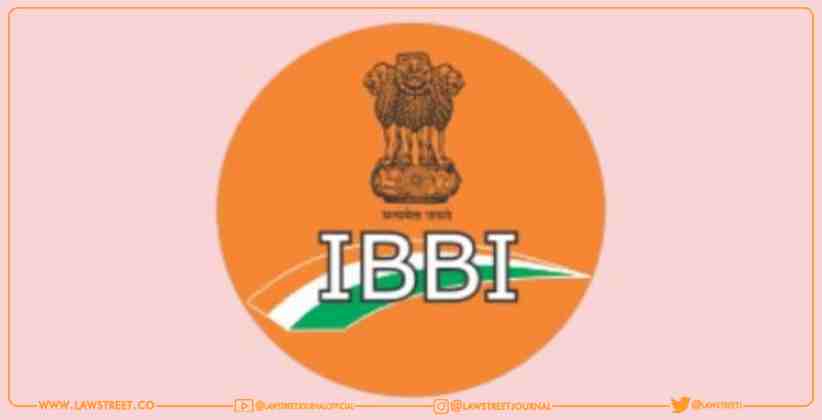Introduction
In a significant development concerning transparency within
India's insolvency framework, the Insolvency and Bankruptcy Board of India
(IBBI) has dismissed an RTI appeal filed by Dhananjay Krishnanath Gaikwad. Gaikwad
had sought access to additional documents related to his grievance against
Insolvency Professional (IP) Gaurav Adukia and the ICSI Institute of Insolvency
Professionals (ICSI IIP). The IBBI Appellate Authority upheld the initial
decision, stating that all available information had already been provided.
Background & Context
Dhananjay Gaikwad, a suspended director of Tuljabhavani Cold
Storage Pvt. Ltd., had lodged a complaint on January 6, 2025, alleging that IP
Gaurav Adukia failed to provide him with a copy of the resolution plan, as
mandated under the Insolvency and Bankruptcy Code (IBC). He contended that ICSI
IIP did not adequately address his grievance. Subsequently, Gaikwad filed an
RTI application seeking detailed records of the grievance examination process.
Main News Story
On September 3, 2025, the First Appellate Authority of IBBI
issued an order under Section 19 of the Right to Information Act, 2005,
rejecting Gaikwad's appeal. The authority noted that the Central Public
Information Officer (CPIO) had already provided the office notings reflecting
the examination of Gaikwad's complaint. The Appellate Authority emphasized that
under the RTI Act, only information that exists and is held by the public
authority can be shared. It further cited a precedent from the Central
Information Commission, stating that the CPIO is not obligated to create new
records or provide interpretations. Since the requested information had already
been furnished, the appeal was dismissed.
Expert Opinions & Reactions
Legal experts have highlighted that the IBBI's decision
aligns with the provisions of the RTI Act, which limits the disclosure of
information to what is already held by public authorities. Advocate Priya
Sharma noted, "The RTI Act does not compel authorities to generate new
information; it only mandates the sharing of existing records." However,
some transparency advocates argue that the decision underscores the need for
more comprehensive disclosure practices within regulatory bodies.
Impact & Significance
This ruling underscores the limitations of the RTI Act in
compelling public authorities to disclose information beyond what is already in
their possession. While it reinforces the principle of transparency, it also
raises questions about the adequacy of information made available to the
public, especially in complex regulatory matters.
Advantages & Disadvantages
Advantages:
- Upholds
the principle of transparency within the confines of existing records.
- Clarifies
the scope of the RTI Act regarding the disclosure of information.
Disadvantages:
- Limits
access to comprehensive information that may not be documented.
- May
hinder public scrutiny of regulatory processes if information is not
proactively disclosed.
Case Studies or Real-Life Examples
In a similar case, the IBBI First Appellate Authority
dismissed an RTI appeal filed by Prashant Sheth, who sought documents related
to a complaint against an Interim Resolution Professional. The authority ruled
that the CPIO had provided all available information and was not required to
create new records.
Common Misunderstandings
- Misconception: The RTI Act mandates public authorities to disclose
all information upon request.
Clarification: The RTI Act only requires the disclosure of information
that is already held by public authorities.
- Misconception: Public authorities must generate new records to
respond to RTI requests.
Clarification: Public authorities are not obligated to create new records
or provide interpretations under the RTI Act.
Conclusion & Future Outlook
While the dismissal of Gaikwad's RTI appeal reinforces the
current interpretation of the RTI Act, it also highlights the ongoing debate
about the extent of transparency in regulatory processes. Advocates for greater
transparency may seek legislative amendments to expand the scope of information
accessible under the RTI Act, ensuring that public authorities proactively
disclose comprehensive information to the public.
Expert Tip from Learn with Manika:
When filing an RTI application, it's crucial to be specific about the information you seek. Vague or broad requests may lead to delays or rejections, as public authorities are only required to disclose information that is already in their possession.

